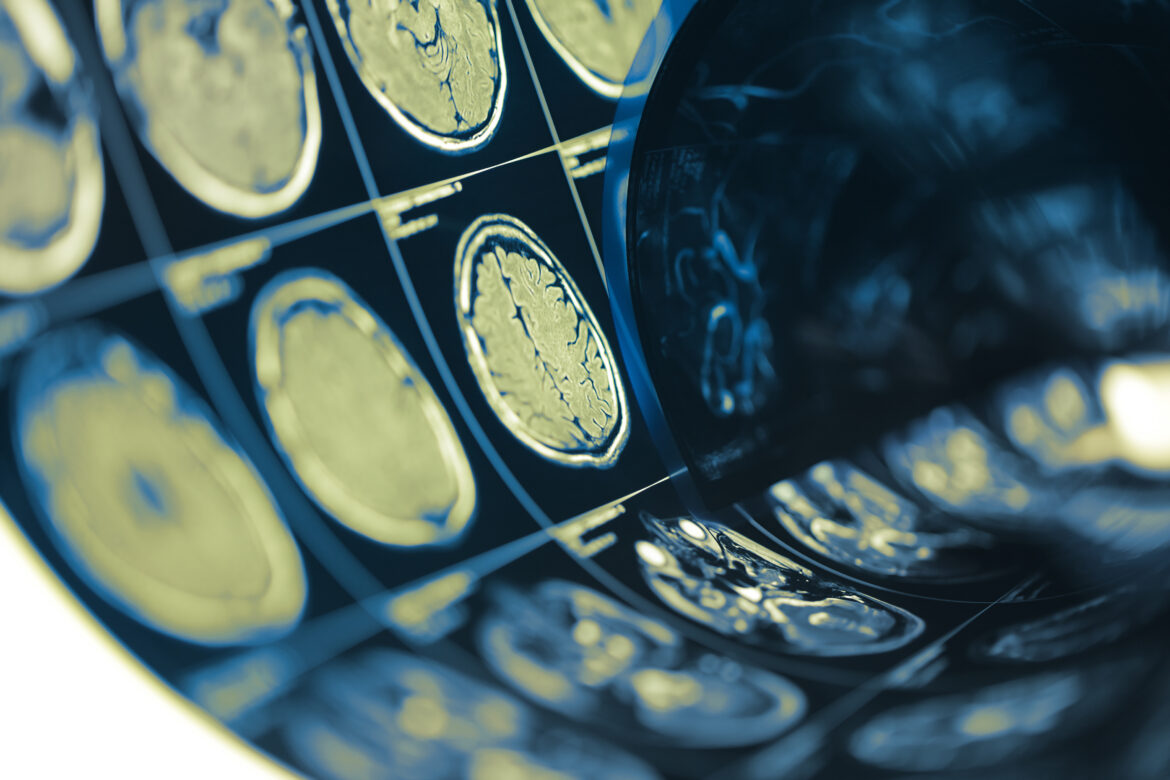Introduction
Mild Traumatic Brain Injury (mTBI), commonly referred to as a concussion, is a significant public health concern affecting millions worldwide. It’s a complex injury that occurs from a sudden trauma or blow to the head, leading to a temporary disruption of normal brain function. Recognizing and understanding mTBI is crucial for early intervention and preventing potential long-term consequences.
What Causes mTBI?
mTBI can result from various incidents, including falls, sports injuries, vehicle-related collisions, and impacts during everyday activities. The injury occurs when an external force causes the brain to move within the skull, potentially affecting brain function. Despite its classification as “mild” compared to more severe brain injuries, mTBI can have profound and lasting effects on an individual’s health and quality of life.
Symptoms of mTBI
The symptoms of mTBI are diverse and can be physical, cognitive, and emotional. Physically, individuals might experience headaches, dizziness, nausea, fatigue, and sensitivity to light or noise. Cognitively, mTBI can lead to difficulties with concentration, memory, and processing speed. Emotionally, it’s not uncommon for individuals to report feelings of irritability, depression, or anxiety following an injury. It’s important to note that symptoms can vary greatly among individuals and may appear immediately after the injury or be delayed.
Diagnosis of mTBI
Diagnosing mTBI involves a comprehensive medical evaluation, including a review of the individual’s medical history and a physical examination. Imaging tests, such as CT scans or MRIs, are sometimes used to rule out more severe injuries, but they cannot always detect mTBI. Healthcare providers also employ various tools and questionnaires to assess the severity of symptoms and their impact on daily life.
Treatment and Management
Immediate treatment for mTBI typically involves physical and cognitive rest, allowing the brain time to heal. Healthcare professionals may recommend over-the-counter pain relievers for headache management but caution against medications that might exacerbate symptoms. As symptoms improve, gradual reintroduction to regular activities is advised, closely monitored by healthcare providers to prevent overexertion and potential symptom exacerbation.
In some cases, specialized therapies such as physical therapy, occupational therapy, or speech therapy may be necessary to address specific symptoms. Additionally, cognitive-behavioral therapy can be beneficial for managing emotional and psychological challenges post-injury.
Conclusion
Mild Traumatic Brain Injury is a condition that warrants serious attention and appropriate care. Early recognition and treatment are key to minimizing the impact of the injury and facilitating a more favorable recovery process. If you or someone you know is experiencing symptoms of mTBI, it’s crucial to seek medical attention promptly. With the right support and management strategies, most individuals can expect to make a good recovery, returning to their daily activities and enjoying a high quality of life.

